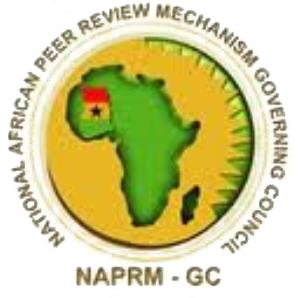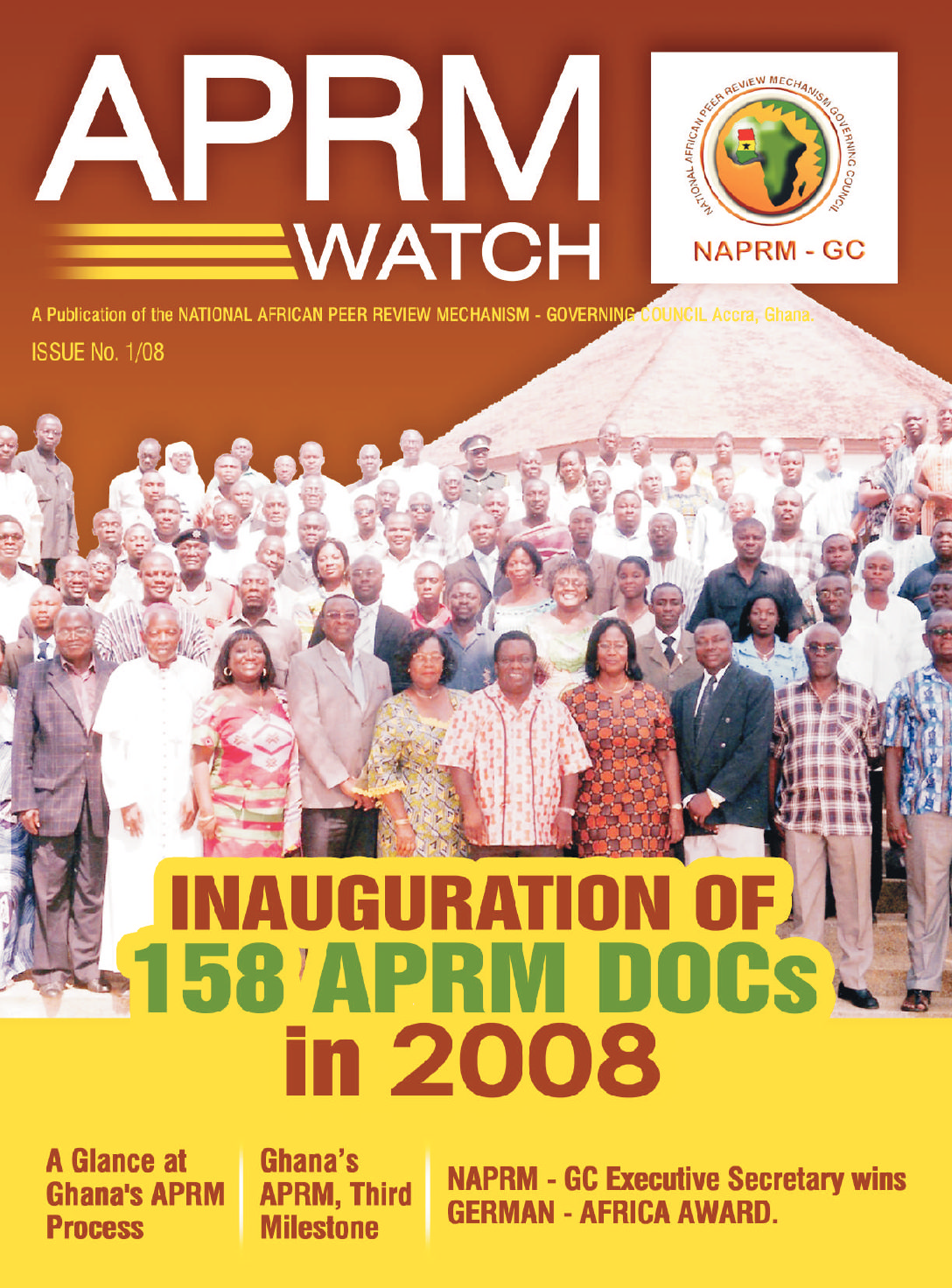Two members of Parliament from Botswana and Ghana presented papers on the roles and responsibilities of parliament in the African Peer Review Mechanism.
Hon. Isaac Stephen Mabiletsa, a member of Parliament from Botswana who is also a member of the Permanent Committee on Cooperation, International Relations and Conflict Resolution at the Pan-African Parliament gave a walk-through of the APRM process and emphasized that parliament with its legislative powers like the two other arms of government, the Executive and the Judiciary has a critical role to play in the execution of the principles of the APRM. He explained that as representatives of the people, it is having a duty to ensure that the views of constituents are captured in the APRM Country Reports and t further move motions for debate in the Legislature. Through the country processes and structures, Parliament he said has the opportunity to enhance its interaction with civil society and can also carry out its oversight responsibility on the Executive by ensuring requirements of the APRM are met. He said however that Parliament needs to establish a special Parliamentary Select Committee to interface with NEPAD/APRM Teams and other stakeholders to execute APRM standards and principles.
On the other hand, Hon. Mabiletsa said the Pan- African Parliament I is evolving from an advisory body to become a legislative organ of the Africa Union (AU) lobbies and plays advocacy roles to get the commitment of AU member countries to the APRM and collaborates with other organs and strategic partners in the execution of the APRM principles.
Sharing Ghana’s Parliamentary experience, Hon. Muntaka M. Mubarak, MP for Asawase Constituency in Kumasi recounted the vibrant role parliament played in the establishment of the Ghana’s Governing Council, and through all the stages of review. He emphasized that parliament through its select committee on APRM matters played a leading role in discussions, sensitization, advocacy and consensus-building, workshops at home and abroad and also availed itself to the Country Review Mission where it provided its perspective on governance in the country and clarified issues identified in the Issues Paper that were not taken into account. He said unfortunately, parliament was not involved in the subsequent stages of the process in spite of its significant role. Hon. Muntaka said the role of parliament throughout the APRM process is crucial because of its constitutional mandate to make decisions that could enhance the Peer Review process. He said the key issues of parliament and democracy in the review and capacity learning processes could be enhanced by parliamentary discussions and action and added that the oversight structures of parliament like the auditor-general could contribute significantly to the accuracy and reliability of the country assessments by providing data and information to the Country review Teams and the Secretariat. He outlined a number of challenges facing parliament in the APRM process:
- The absence of clear guidelines for parliamentary engagement
- Lack of accessibility to official information on in- country processes except invitation to workshops
- Absence of a legal framework to compel the Governing Council to brief parliament on the APRM process and also to account for resources
Hon. Muntaka concluded that there are a lot of opportunities for parliament to influence the APRM process but there is the need for an ACT of parliament to streamline and ensure that the APRM is on the agenda and guide the in-country process which will detail role of stakeholders including parliament. The Act will also ensure accountability on the part of stakeholders, particularly the Governing Council; Monitoring the Programme of Action to ensure that good practices are enhanced and recommendations implemented.
Participants observed that parliamentarians have not been actively engaged in the APRM processes as expected because priority is given to the role of the Executive. The Ghana example where the APRM report is presented to parliament for debate was shared Briefings have also been held for parliamentary select committees on the APRM but there is a stall because of lack of funding for such programmes.
Another observation was the partisan nature of African parliaments which no doubt slows down the APRM process. Participants from Benin, Botswana and Ghana spoke about the opposing and time-wasting attitude of parliamentarians when it comes to approval of budgets and other development programmes. Objectivity and nationalism which should be the pivot of parliamentary proceedings always gives way to entrenched political party positions. The National Governing Councils were urged to liaise with the Speaker of Parliament to table APRM reports in parliament before it gets to the Parliamentary select Committee. This way, the Reports which contain the views and observations of the people which they represent would have been collectively and dispassionately discussed for action.
Hon. Alhaji Muntaka Mahammed – Ghana’s Parliament

 newsletter-compressed
newsletter-compressed